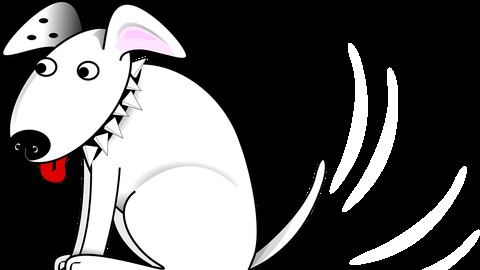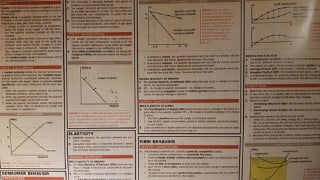Behavioural Economics – applying Psychology
What you’ll learn
- How small changes made by one actor (Government, firm) can influence actions by others (consumers, population)
- How Behavioural Economics can be applied to a variety of policies eg. reducing obesity, increasing savings.
- A thorough understanding of a wide range of Behavioral Economics concepts
- The application – via Case Studies written for this course – of key Behavioral Economics concepts
Behavioral Economics is a field of study that examines the effects of psychological, cognitive, emotional, cultural, and social factors on the economic decisions of individuals and institutions and how those decisions vary from those implied by classical economic theory. Behavioral economics blends insights from psychology with traditional economic models to better understand decision-making by individuals, firms, and other organizations.
Behavioral economics has been applied to various areas including public policy, finance, health economics, and marketing. It helps in designing better economic models, public policies, and business strategies by providing a more nuanced understanding of human behavior.
By recognizing that humans are not always rational agents and that they are influenced by a variety of non-economic factors, behavioral economics provides a more accurate and detailed understanding of economic behavior, paving the way for interventions that can improve individual and societal outcomes.
Topics included:
Anchoring:
Loss aversion
Confirmation bias
Status quo bias
Endowment effect
Availability heuristic
Framing effect
Choice architecture
Default bias
Overconfidence bias
Reciprocity
Social proof
Scarcity bias
Sunk cost fallacy
Heuristics
Irrational escalation
Hyperbolic discounting
Prospect theory
Nudge
Bounded rationality
Mental accounting
Priming:
Halo effect
Availability cascade
Zero-sum bias
Self-serving bias
Anchoring and adjustment
Hot-cold empathy gap
Intertemporal choice
Social discounting
Dual-process theory
Note: You will get more out of this course if you participate.
Who this course is for:
- All Psychology students
- All Economics students
- All consumers
- All business owners
- All studying business – especially marketing
- Anyone who really believes the consumer is rational – all the time
User Reviews
Be the first to review “Behavioural Economics – applying Psychology”
You must be logged in to post a review.







There are no reviews yet.